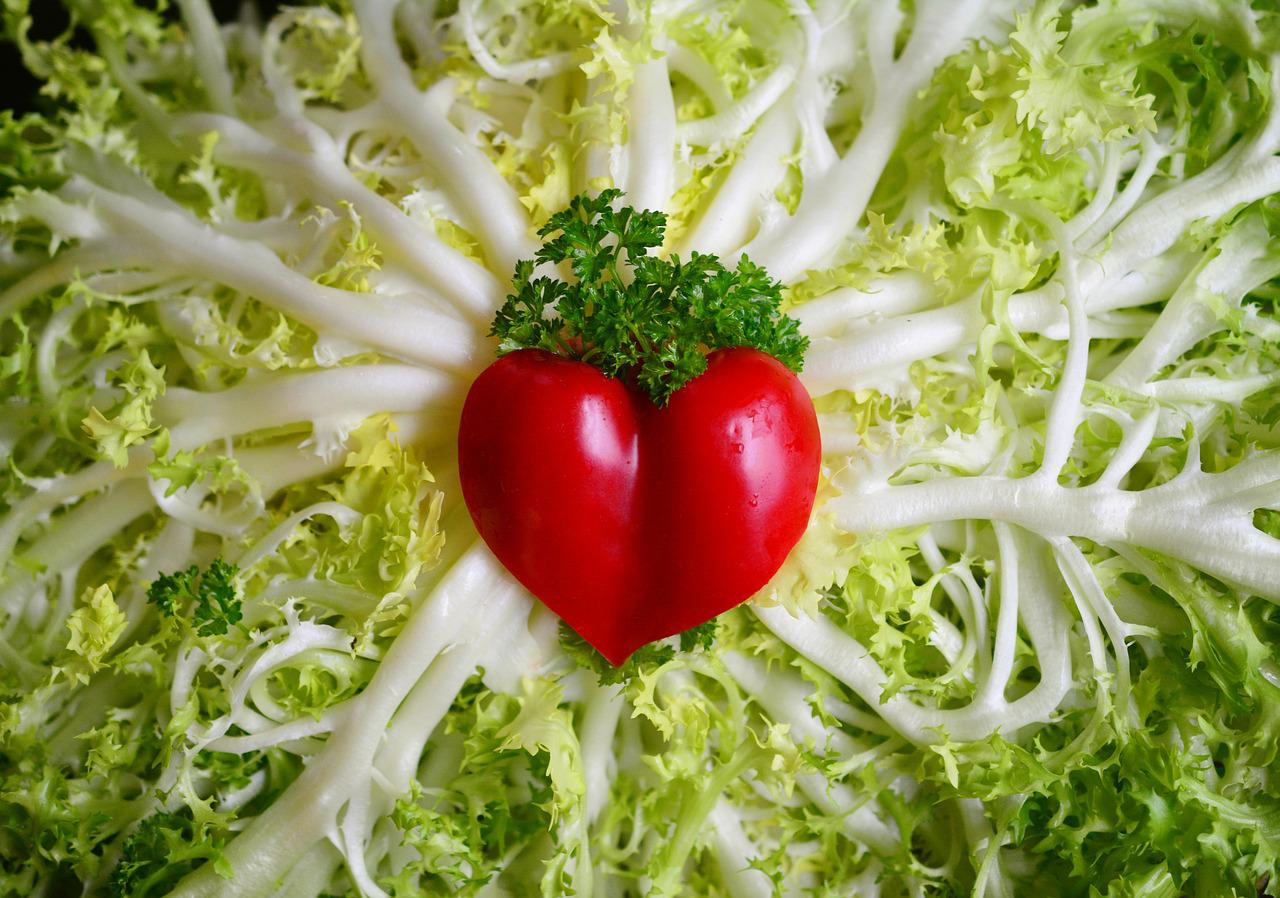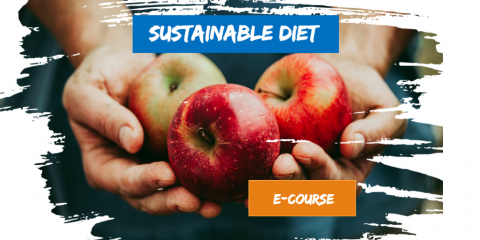
It is well known that exercise can increase longevity. Research shows that exercising can reduce the chance of death and chronic diseases. It is also known that regular physical activity is beneficial for cellular health. As we age, our telomeres get shorter. When we exercise, our telomeres get longer. That's important to know as aging cells are not as healthy as those that are physically active.
These results are however distorted by the fact most participants rated their exercise as either moderate or vigorous. The self-reported factor was not taken into account as most people tend underestimate the intensity and duration of their workouts. In addition, the study involved only self-reported data, which means that participants were not wearing activity trackers or heart rate monitors to measure their physical exertion. Nevertheless, there's no denying that this practice is important for longevity, as it reduces the risks of strokes and chronic diseases.

Moderate-intensity exercises are an essential part of a healthy life style. A study published in The New England Journal of Medicine found that 150 minutes of moderate exercise per week can increase a person’s life expectancy by seven years. This benefit was not dependent on weight, gender, or any other health condition. It doesn't matter if you are an expert or a beginner, regular exercise is important to avoid health problems.
Regular exercise is a great way of reducing the risk of certain kinds of diseases. It can also reduce the risk of some diseases, such as type 2 diabetes. Experts agree that exercising regularly is more likely to live longer than people who don't. However, most studies show that regular exercise increases the likelihood of living longer. But there is a catch. These exercises can lead to many negative side effects, so make sure you choose the right ones.
It is important to remember that everyone has different bodies so what works may not work well for you. A good way to get more exercise is to choose an exercise you enjoy. If you enjoy it, it will be easier to keep going with it. You will find exercise more enjoyable if it is something you enjoy. You'll be more motivated and have more fun. It's easier to stick with something you like if you do it regularly.

Exercise can extend your life. Not only is moderate to vigorous exercise good for your health, but it also benefits your mental and physical well-being. One hour of brisk running per week equals 150 to 299 mins of intense activity per week. Compared to other activities, this is a small amount of time compared to watching television, doing laundry, or making pasta. Regular exercise will make you healthier and last you longer.
FAQ
What's a good workout plan for 7 days?
A seven day exercise program should include cardiovascular training (running or biking), strength exercises (using freeweights, weight machines) and one flexibility/core workout. Each activity should be done at least once per week. The total time for each session should not exceed 45 minutes.
Cardiovascular Exercises: Swimming, Cycling, Running
Aim to do at least 60 minutes per week of cardio. Aim for 75 minutes per week to get the best results. Cardio exercises can increase blood flow and stimulate the growth of muscles.
Strength Training
While cardio exercises target the heart and lungs, strength training targets the muscles and bones. Strength training helps you burn calories even while resting.
Flexibility and core workouts
Your whole body will be stronger if you have flexibility and core training. Both yoga and Pilates are excellent options.
Is Egg good for man?
The egg is rich in all nutrients needed by the human body. It also helps maintain strong bones, a healthy heart and lungs, and stable blood pressure.
Eggs are an excellent source protein, vitamins A,B12, D E, K and calcium. They also contain vitamin B12, D-E, K, calcium and phosphorus.
The egg yolk is high in cholesterol. However, it doesn't contain saturated fat. Eggs have less saturated oil than many other foods.
They are also low calories and sodium. They are very versatile and can be cooked any way you'd like. They can be poached or scrambled, baked, hard-boiled, or fried.
They are delicious and very easy to prepare.
You should eat at least two whole eggs per day. Avoid eating eggs.
Essential nutrients are provided by eggs. Try adding them to your daily diet today.
Is it true that overeating protein causes kidney stones?
Protein is essential for healthy bones and tissue. Consuming too much protein can result is calcium excretion via urine. This can lead to kidney stones.
It is important that you note that not all people develop kidney stones when they consume more than 2 grams of protein per kg (2.2 pounds). Some people can eat high amounts of protein without getting kidney stones.
Watching your sodium intake can help prevent kidney stones. Sodium regulates the water balance of the kidneys. Too much sodium can cause kidney stones.
If you have kidney stones, you can reduce your intake of protein. For most people, protein provides half their daily caloric requirements. A reduction in protein intake will likely result in weight loss.
If you do decide to eat more protein, don't go overboard. Do not eat more than 20% of your daily calories from protein.
What does milk do?
Consider what other uses you might have for your milk next time that you buy it. It could also be beneficial to quit drinking coffee.
It has been proven that milk is beneficial for both children and adults. Milk provides children with nutrients such as vitamin D, calcium, potassium, phosphorous, and magnesium.
It promotes weight gain, digestion, bone strength, and aids digestion. Dairy products are more beneficial for adults than any other food.
Milk is also rich in lactose, so people who cannot digest this sugar easily can enjoy its benefits without experiencing stomach problems.
Consider drinking more milk, instead of sodas or juices. Drinking milk with more calcium and vitamin A can help to strengthen your teeth.
If you don't like the taste of milk, you can always make your yogurt using plain low-fat milk. Yogurt can be a great substitute for milk, as it has fewer calories and more protein.
Yogurt also includes probiotics. These help in digestion and improve immunity.
Take a glass warm milk before you go to bed if you are having trouble sleeping. Warm milk helps relax muscles and boosts serotonin levels.
Is Cardio Better Than Strength Training?
Both are equally great. However, cardio is more effective if you're looking to bulk up faster.
Cardio burns more calories per minute than strength training and burns more fat.
Strength training increases muscle mass but takes more time than cardio.
Statistics
- Candidates and applicants must pass all four tests at 70% (minimum level) to graduate from Basic Deputy U.S. Marshal (BDUSM) Training. (usmarshals.gov)
- The PRS enabled risk stratification for overall prostate cancer and lethal disease with a four-fold difference between men in the highest and lowest quartiles (HR, 4.32; 95% confidence interval [CI], 3.16-5.89). (pubmed.ncbi.nlm.nih.gov)
- According to the American Academy of Dermatology (AAD), men over 50 are at a heightened risk of developing it. (healthline.com)
- Get free shipping and 25% off today. (healthline.com)
- 10 pounds in a month is likely during a lean bulking phase, especially for beginners. (muscleandstrength.com)
External Links
How To
How can a man get fit in 30 days?
The best way to achieve fitness goals is by breaking them into small achievable steps.
Each day you need to be working towards your goal. This could mean anything from doing 10 pushups for 5 minutes to running 3km.
If you do this consistently over time, you will see positive results.
The key thing here is consistency. You must keep going until you succeed.
What is the difference between Aerobic Fitness and Anaerobic Fitness?
Anaerobic fitness describes the body's ability not to use oxygen to perform intense physical tasks. During periods of high-intensity exercise, we use anaerobic pathways to provide enough energy to complete the task. Anaerobic pathways include glycolysis, creatine phosphate, the phosphagen, lactic acid, etc.
Cardio fitness is, in contrast to aerobic fitness, the practice of sustaining low-intensity exercise. The primary source of energy for aerobic exercise is oxygen. In other words, the aerobic pathway provides more energy than the anaerobic pathway.
You must build your aerobic capacity before you can run a marathon. You won't be successful if you focus only on your anaerobic ability.
Aerobic fitness is also referred to as cardiovascular fitness. The most common methods for assessing cardiovascular fitness include VO2 max testing or step tests.
Test VO2 Max
VO2max is the maximum oxygen (O2) that your body can use while exercising. This test measures the amount O2 that the body can use when exercising.
This test can measure your cardiovascular fitness accurately. This test requires expensive equipment, and highly qualified professionals to administer.
Step Tests
Step tests are an easy but powerful way to determine your cardiovascular fitness. They involve walking or jogging on a treadmill or track for a certain duration based on your age and weight.
These tests are inexpensive, easy to conduct, and can be done almost anywhere. For example, you could walk on a treadmill 20 minutes and then stop. You should maintain a constant heart rate throughout the session.
This is the "Bruce Protocol". Bruce, a runner, developed this protocol after realizing that his heart rate did not rise when he ran longer distances.